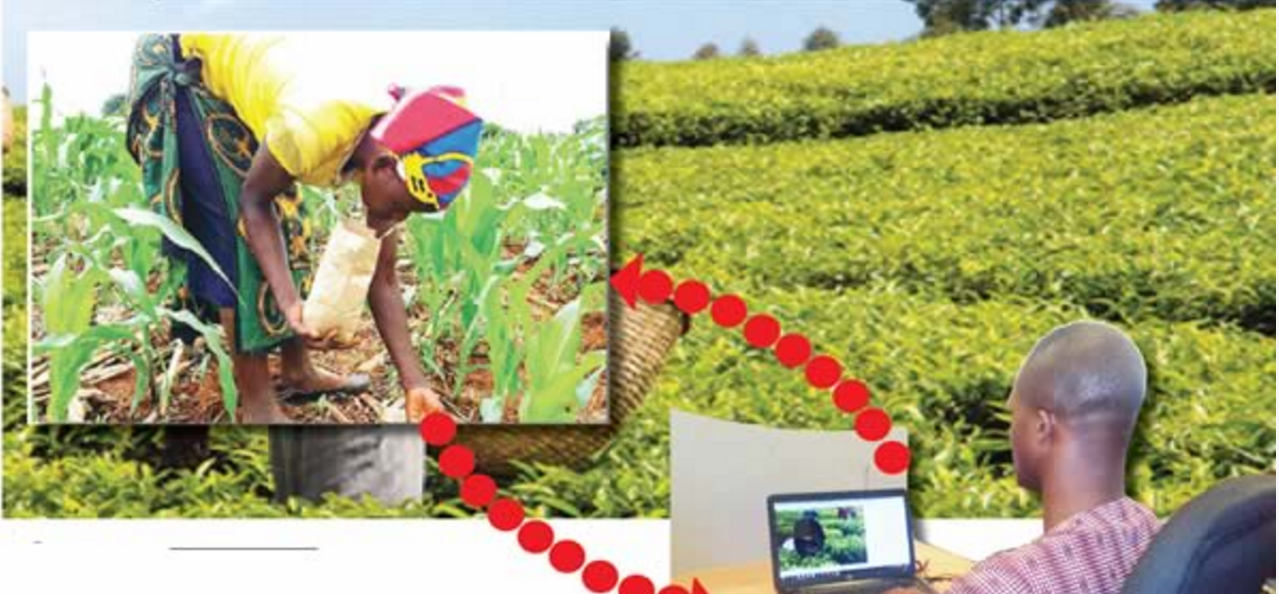
Recently, the Speaker of the House of Reps, Yakubu Dogara, caused a buzz when he was shown visiting his expansive farm showcasing diverse crops including animal husbandry. The import of that media blitz of the Speaker’s is that the elite clearly understands that agriculture holds the key to sustainable development.
Before Dogara’s, we are witnesses to President Muhammadu Buhari showcasing his herd of cattle most times when he is in his hometown of Daura. The cheering news about this is that it is not just the elites that are given to the idea of investing in agriculture. We have entertainers like music star, D’Banj, who has commercialized his farm produce with the popular Koko garri, actress Halima Abubakar, veteran actor Yinka Quadri, the ‘jaga-jaga’ crooner, Eedris Abdulkareem, film producer and actor, Taiwo Hassan amongst a host of others.
In an interview not too long ago, D’Banj was quoted as saying: “I engage in agriculture personally to encourage millions of African youths who look up to me as a role model. I need to let them know that unlike the old stereotype of farming which was considered as a form of punishment, modern farming on the contrary, is a cool source of employment for many graduates. Agriculture is life and it is everything that we live for. It is the only way forward for us in Africa. There are so many potentials in it and if we could focus on it, the continent can actually feed the rest of the world.”
Nothing can be farther from the truth that the value chain in agriculture is immense if properly harnessed.
Let’s take the case of former journalist Rotimi Williams who is reputed to own the second largest commercial farm rice in the country. Williams, 35, has a farm that measures 45, 000 hectares in Nasarawa state and employs more than 600 indigenes of the state without counting the spiral effect of the job creation and investment in the area and beyond.
As a country that consumes more than 5 million metric tons of rice every year, with a significant portion from imports, people like Williams are exemplars that with the right policy by the government, the country’s quest for self-sufficiency is possible after all.
It is in this regard that the Federal Government’s Anchor Borrowers Programme powered by the Central Bank is a vital instrument. The significant aspect of the intervention, which I find compelling, is seeing agriculture as a business-driven venture and not simply as a subsistence endeavour.
Therefore, taking the route of business-driven agriculture to the grassroots through the Nigeria Incentive-Based Risk Sharing System for Agricultural Lending (NIRSAL), by deploying an innovative nation-wide field structure to support 225,000 farmers should be applauded.
Under the Project Monitoring Reporting and Remediation Office (PMRO) with units located in each state and the federal capital, the NIRSAL is realizing its core mandate of making agriculture more attractive for private sector investment by de-risking the agricultural value chain.
END

Be the first to comment